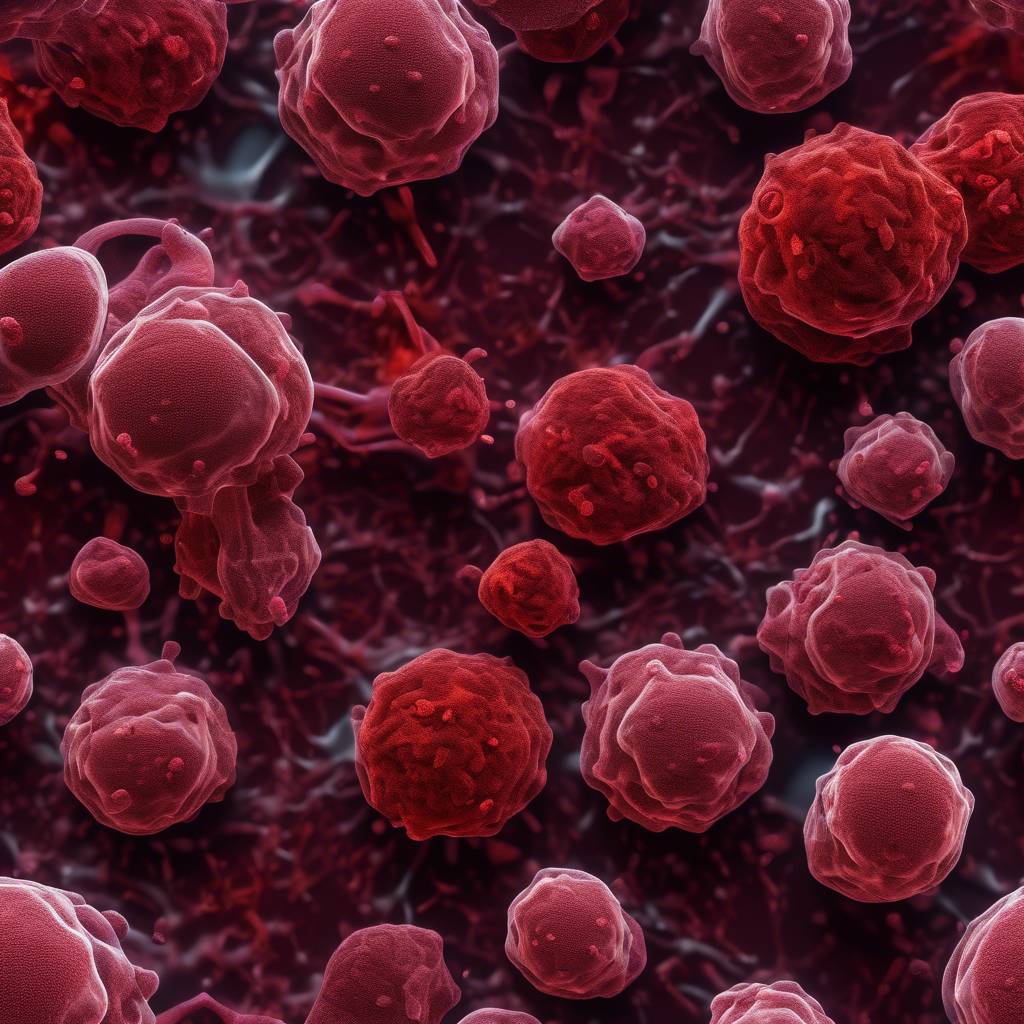Researchers have developed a simple and inexpensive experimental test for diagnosing cancer that requires just a tiny dried blood spot. The test has a sensitivity of 82-100% and can provide results in just minutes. This test may be particularly beneficial for individuals in low-income countries, where access to healthcare and expensive diagnostic tools is limited. By focusing on pancreatic, gastric, and colorectal cancer, the researchers in China have utilized machine learning, a form of artificial intelligence, to create a more cost-effective and efficient diagnostic technique than traditional whole blood tests. This innovative dried blood spot test may also be more accurate than current whole blood tests and could transform cancer diagnosis in the future.
While AI has its downsides in many areas, it is also being utilized for positive purposes in the medical field. Researchers are utilizing cutting-edge AI technology to enhance disease management and diagnosis, with the primary goal being to catch diseases earlier for better outcomes. Many experts are exploring the potential of AI in diagnosing cancers that lack reliable blood markers, as current diagnostic methods can be expensive and require specialized infrastructure. For individuals living in developing countries with limited access to healthcare facilities, the cost-effectiveness of disease screening is key to ensuring early detection and treatment. By using dried blood spot tests that are cheaper and easier to transport than traditional blood samples, researchers are hopeful that innovative AI-powered diagnostic approaches could revolutionize cancer diagnosis.
Identifying detectable cancer markers in tiny blood samples presents substantial challenges, as these markers need to be reproducible and uniquely linked to cancer. The recent study focused on detecting cancer-related metabolic changes in dried blood spots, as most metabolites remain stable in this form. Through innovative technology called nanoparticle-enhanced laser desorption/ionization mass spectrometry, the researchers achieved a sensitivity of 82-100% in diagnosing cancer using dried blood spots, outperforming current whole blood tests with a sensitivity of 50-80%. Their experimental test is cost-effective, rapid, and does not require expensive pretreatment of samples, making it a promising tool for population-based cancer screening in resource-limited settings.
Current diagnostic techniques for cancers such as colorectal, pancreatic, and gastric cancers involve expensive and invasive procedures that require skilled medical staff and specialized equipment. In contrast, the researchers believe that their approach can achieve high diagnostic accuracy even when performed by local health workers in underserved clinical settings. By implementing the dried blood spot tests on a population-wide scale, the rates of undiagnosed cancer cases could potentially drop significantly in rural areas. While the cost of rolling out these tests on a large scale is a crucial consideration, the potential cost savings and efficiency of this technology present a compelling case for further exploration and development.
To validate the effectiveness of their AI model for cancer diagnosis, researchers need to conduct larger-scale studies involving thousands of real-world participants. Prospective studies must be undertaken to confirm the accuracy and reliability of the dried blood spot tests in diagnosing cancer. Despite the need for further validation and testing, experts remain optimistic about the potential impact of this technology on the diagnosis and management of cancer. By reducing the number of missed cancer cases and improving access to accurate diagnostic tools in resource-limited settings, this innovative approach holds promise for transforming cancer diagnosis and treatment in the future.









